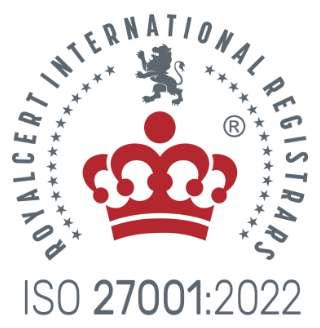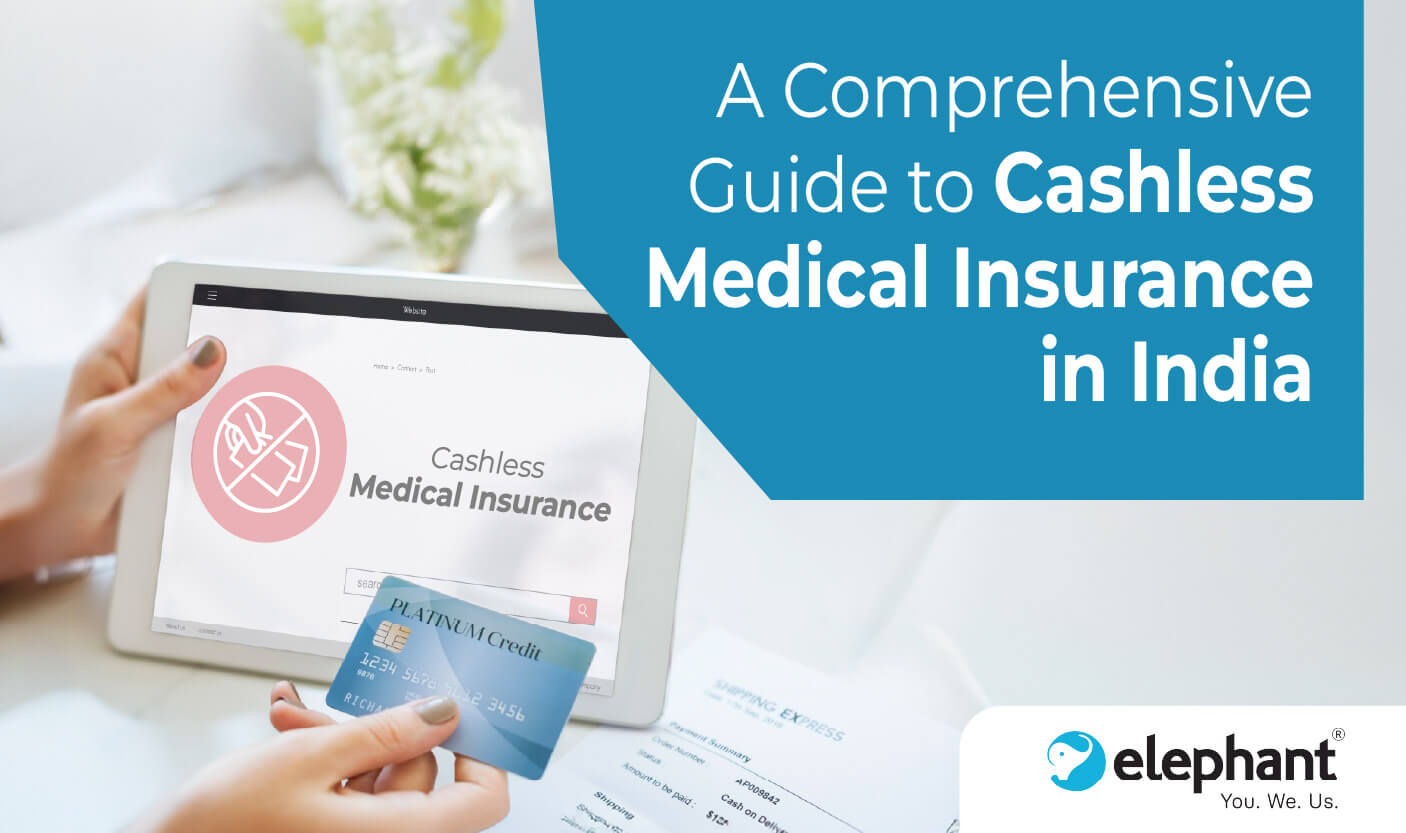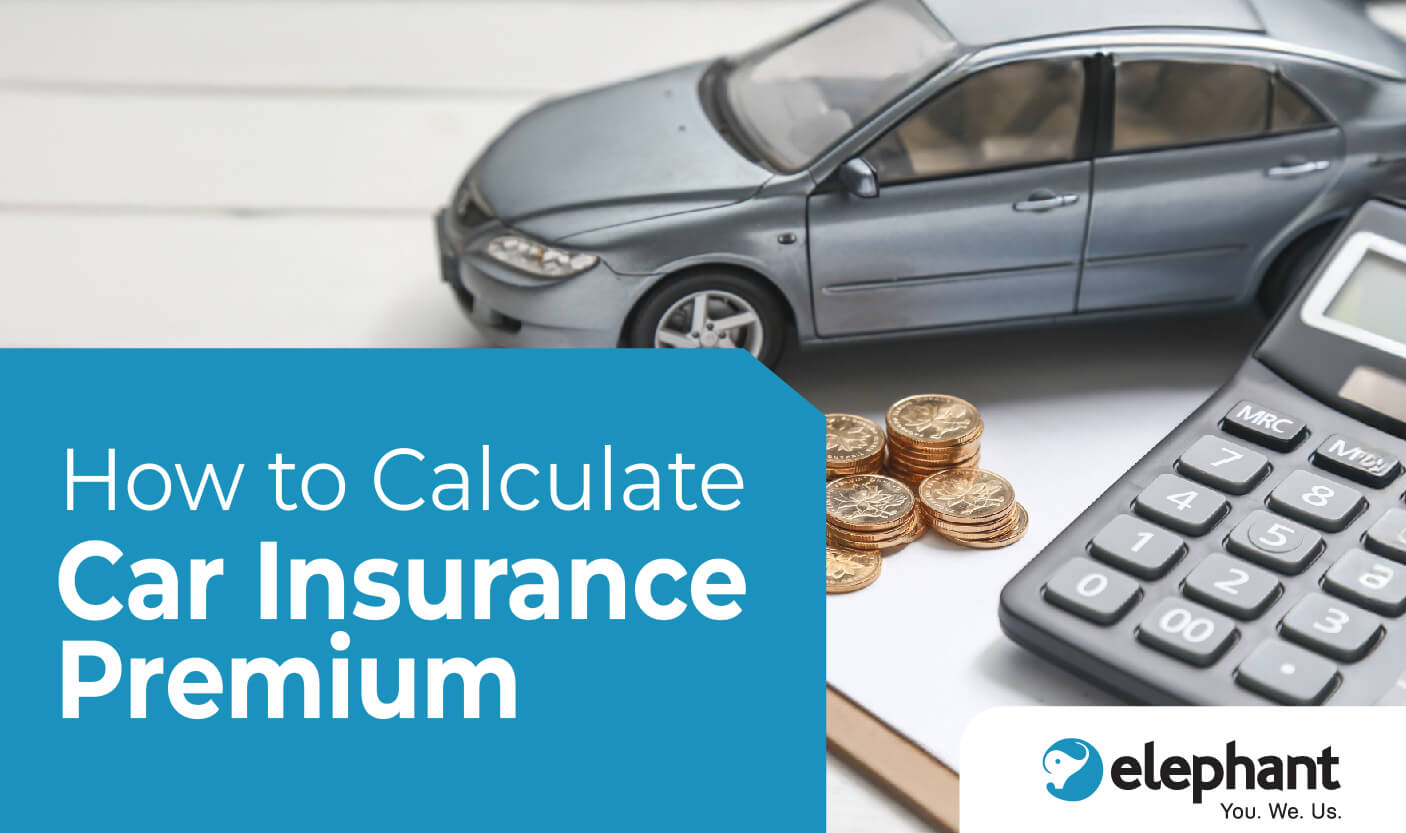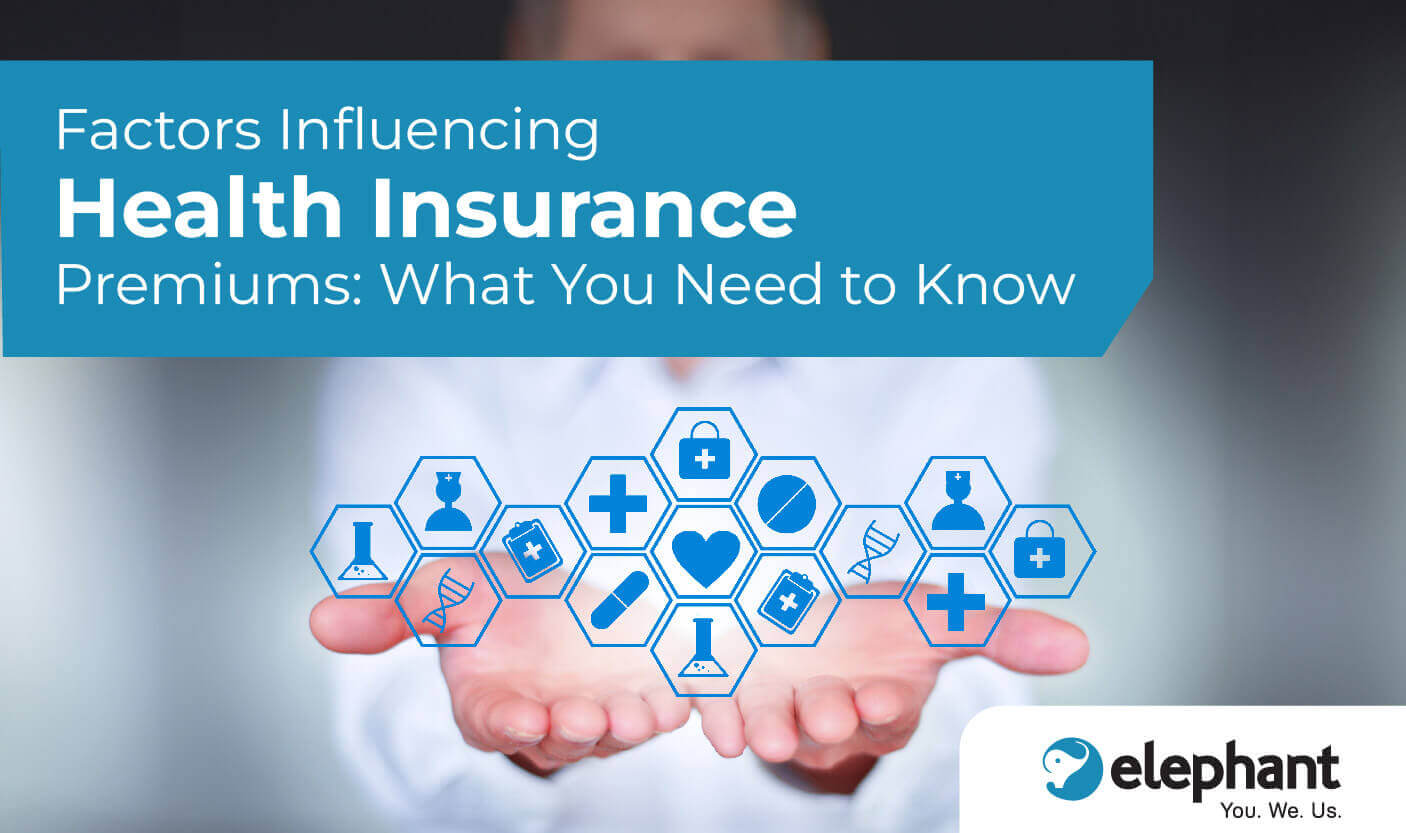-
CAR INSURANCE
Car InsuranceFlat 80%* OFFGet right cover at best price on your car insurance policy. Unlock your corporate superpower today.GET QUOTESWhat does your car insurance cover you for?Comprehensive coverageLiability coveragePersonal accident coverageZero-depreciation coverMany more add-on coversGet your car insured with the best features - completely online, right now!CloseWhat do you get at Elephant Insurance?Corporate Superpower of best Car Insurance DealsAI-Based Car Insurance RecommendationsHandpicked Insurers for Car InsuranceUnmatched Prices on Car Insurance PremiumsInstant Policy Issuance for your vehicle100% Assistance from ExpertsDigital Relationship ManagerBest-in-Class Claims ServiceLifetime Personalised AccountRenewal Management
-
TWO-WHEELER INSURANCE
Two-Wheeler InsuranceStarting at Rs.546* only.Get right cover at best price and insure your two-wheeler for a joy ride. Unlock your corporate superpower today.GET QUOTESWhat does your two-wheeler insurance cover you for?Comprehensive coverageLiability coveragePersonal accident coverageZero-depreciation coverMany more add-on coversGet your two-wheeler insured with the best features - completely online, right now!CloseWhat do you get at Elephant Insurance?Corporate Superpower of best Two-wheeler Insurance DealsAI-Based Two-wheeler Insurance RecommendationsHandpicked Insurers for Two-wheeler InsuranceUnmatched Prices on Two-wheeler Insurance PremiumsInstant Policy Issuance for your vehicle100% Assistance from ExpertsDigital Relationship ManagerBest-in-Class Claims ServiceLifetime Personalised AccountRenewal Management
-
TERM LIFE INSURANCE
Term Life InsuranceRs.1 crore life cover at Rs.503/month* only.Securing your loved ones future is not expensive, it is priceless! Be a superhero by unlocking your corporate superpower today.GET QUOTESWhat does your term life insurance cover you for?Death benefitsCritical illnesses coverAccidental death benefitWaiver of premiumMany more add-on coversGet your term life insurance with the best features - completely online, right now!CloseWhat do you get at Elephant Insurance?Corporate Superpower of best Term Life Insurance DealsAI-Based Term Life Insurance RecommendationsHandpicked Insurers for Term Life InsuranceHandpicked Insurers for Term Life InsuranceInstant Policy Issuance for you and your family100% Assistance from ExpertsDigital Relationship ManagerBest-in-Class Claims ServiceLifetime Personalised AccountRenewal Management
-
HEALTH INSURANCE
Health InsuranceGet Rs.5 lakh health cover at Rs.18/day* only.Protecting your health is always our priority. Be a superhero by unlocking your corporate superpower today.GET QUOTESWhat does your health insurance cover you for?Unexpected medical billsPre and post hospitalisation billsDay care treatmentsMaternity, newborn care and organ donor expensesMany more add-on coversGet your health insurance with the best features - completely online, right now!CloseWhat do you get at Elephant Insurance?Corporate Superpower of best Health Insurance DealsAI-Based Health Insurance RecommendationsHandpicked Insurers for Health InsuranceUnmatched Prices on Health Insurance PremiumsInstant Policy Issuance for you and your family100% Assistance from ExpertsDigital Relationship ManagerBest-in-Class Claims ServiceLifetime Personalised AccountRenewal Management
-
CYBER PROTECT
Cyber Protect InsuranceGet Rs.1 lakh cyber protection cover at Rs.55/day* only.Don't be a victim of cyber fraud! Get right cover at best price on your cyber insurance policy. Unlock your corporate superpower today.GET QUOTESWhat does your cyber insurance cover you for?Legal protectionUnauthorised online transaction coverPhishing and email spoofing coverCyber stalking and identity theft coverCyber extortion and many more coveragesGet your cyber insurance with the best features - completely online, right now!CloseWhat do you get at Elephant Insurance?Corporate Superpower of best Cyber Insurance DealsAI-Based Cyber Insurance RecommendationsHandpicked Insurers for Cyber InsuranceUnmatched Prices on Cyber Insurance PremiumsInstant Policy Issuance for your cyber protection100% Assistance from ExpertsDigital Relationship ManagerBest-in-Class Claims ServiceLifetime Personalised AccountRenewal Management
-
OTHER PRODUCTS
Critical Illness InsuranceA must-have protection to secure you against critical illnesses.GET QUOTESPersonal Accident InsuranceAccidents are sudden and can cause damage to your financial planning as well.GET QUOTESClose

Get
Critical Illness insurance
at best price.
Cover against multiple Critical Illnesses and Surgeries
Sum insured of up to ₹2 crore
Long Term Discounts for 2 & 3 years plans
Lumpsum Claim Payout
Lifelong Renewals
Your work email ID can unlock exclusive benefits
Corporate Employee Engagement Program
Corporate Superpower
Best Price
Handpicked Insurers
Assistance from Experts
Digital Relationship Manager
Best In-Class Claim Service
Our Insurance Partners



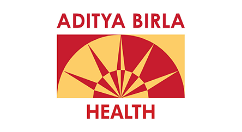

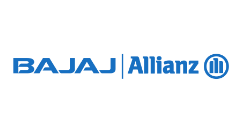

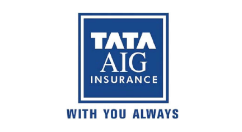

What is Critical illness insurance?
- Critical illness Insurance Plans are health insurance plans which specifically cover terminal & critical illnesses like cancer, stroke, heart diseases etc. Critical illness plans can be bought as a standalone plan or can be added as an add-on rider upon paying an extra amount over your regular health insurance policy.
- A critical illness plan bought along with Health Insurance will pay a lump sum amount over and above your hospitalization cost.
- Diseases of heart, lung, kidney etc. require regular medical interventions, hospitalizations, etc. which can drive up the cost of healthcare. Thus, getting a critical illness insurance plan can help take care of expensive treatments.
What are Benefits of buying critical illness insurance?
- Getting quality healthcare services can be an expensive affair. Moreover, treatment costs of terminal or serious illnesses like cancer, lung disease and treatments can seriously deplete financial resources.
-
Although it is difficult to imagine getting struck by a terminal or serious illness, the practical solution is to buy a critical illness insurance plan. The benefits of the best critical illness plan include:
Coverage of more than 30 critical illnesses like cancer, tumour, lung & heart disease, neural disease etc.A lump sum pay-out upon confirmed diagnosis to cover treatment costs.Lump Sum amount will help insured to cover any loss of income caused due to critical illnessQuick & worry-free claim processing to help the affected individual.Tax Benefits. You claim tax under section 80D in India
What’s the Difference between critical illness & health insurance policy?
- A critical illness insurance plan is different from a health insurance policy in terms of the type of coverage provided.
- Health insurance is a medical plan which covers medical costs in case of emergencies, accidents, and other general illnesses such as diabetes, hypertension etc
- Critical illness plans are tailor made to take care of medical expenses incurred in the treatment of a terminal or life-altering disease such as paralyses, tumours, neural disorders, renal failures etc. Your Health Insurance will pay for such ailments, but will only cover hospitalization expenses, whereas a critical illness plan will pay you a lump sum amount upon diagnosis of such ailments which will be over and above what your Health Insurance plan will pay.
- Critical illness plans are tailor made to take care of medical expenses incurred in the treatment of a terminal or life-altering disease such as paralyses, tumours, neural disorders, renal failures etc. Your Health Insurance will pay for such ailments, but will only cover hospitalization expenses, whereas a critical illness plan will pay you a lump sum amount upon diagnosis of such ailments which will be over and above what your Health Insurance plan will pay.
Here are the key differences between Critical Insurance Plan & Health Insurance Policy:
| Critical Illness Insurance | Health Insurance |
|---|---|
| Only diseases which are mentioned in ‘critical illness’ list are covered under critical illness insurance policy. | A general health plan covers emergency medical needs such as ambulance costs, hospitalization & treatments for emergencies, accidents etc. |
| It is particular to select disease and only covers medical costs required in treatment of that illness. For example- cancer care. | It covers medical costs pre & post hospitalization, medical check-ups, laboratory costs etc. in case of hospitalization caused due to accidents, illnesses, or emergencies. |
| There are no add-ons for general hospitalization costs for medical issues other than critical illness. | A health insurance plan may offer critical health insurance as an add-on benefit. |
| Lump sum payment upon confirmed diagnosis, even without hospitalization | Medical costs are reimbursed upon submission of bills and then the claim is settled. |
| Variable waiting period depending on the nature & severity of illness. For example- cancer in early stages may not be covered. | Fixed waiting period before plan is applicable. For example- 30 days after purchase of a health plan, it is active. |
What are Critical Illness Insurance Plan ?
- Illness & disease can be devastating for an individual and their loved ones. The high costs of treatments can cause further agony. Lifestyles which lead to stress, substance abuse and low immunity make it even more important for everyone to opt for a critical illness insurance cover.
- The sooner an individual buys the cover, the better, as the waiting period on critical illness covers can be up to a few years.
What are Critical Illness insurance coverages?
- Every insurance provider has a different list of diseases covered under various critical illness plans. You must go through the list of diseases covered under critical illness and understand inclusions as well as exclusions of the plan.
- For example- many insurance providers do not provide health insurance for people with HIV/AIDS and smokers who contract a critical illness.
How Elephant.in works?
It is as easy as ABC to buy a critical illness insurance plan with Elephant Insurance!
- Visit www.elephant.in and click on “Critical Illness” product
- Fill in your details with requirements and put in a request for a quote.
- Our team will get in touch with you with a customised critical illness plan.
- Pay your premium online and get covered.
Help Section/FAQ:
A critical illness insurance plan is a plan specifically covering 'critical' or terminal diseases like cancer, stroke, heart & lung disease etc. It can be an add-on benefit on your health insurance plan or a standalone insurance policy.
The policyholder is eligible for a lump sum pay out upon confirmed diagnosis to help cover cost of treatments. There can also be a pay out to compensate for loss of income caused due to a terminal illness. Other benefits include No Claim Bonus and Tax Benefits under 80D of Income Tax Act in India.
Any person over the age of 18 is eligible for a critical illness insurance plan. If the person is healthy, with no precondition, there is no requirement of a medical check-up, and they can buy a critical insurance policy online.
There are more than 30 different critical illnesses/ conditions covered under critical illness plans. Every insurance provider has different 'critical illnesses' that they cover and you must compare different plans before purchasing one.
Almost all critical insurance plans cover cancer. However, many plans do not provide coverage after diagnosis of cancer. Some rare cancers may not be covered by a critical illness plan. Please read the list of critical illnesses covered by insurance providers before buying a critical illness plan.
The sum assured varies among insurance providers. You can choose a cover with maximum sum assured, depending on your needs, age, family history and medical requirements.
What our Customers Say
Alliance Insurance Brokers Pvt. Ltd.
8th Floor, Gold Crest, 10th Road, Juhu, Vile Parle (W), Mumbai 400
049, India
Email
Monday - Saturday
9:30 am - 6:30 pm IST

CIN: U67200MH2003PTC141621
IRDAI Registration No.: 217
Valid from : 13/10/2024 to 12/10/2027
Category : Composite Broker
Principal Officer Name: Mr. S. V. Thakkar

CIN: U67200MH2003PTC141621
IRDAI Registration No.: 217
Valid from : 13/10/2024 to 12/10/2027
Category : Composite Broker
Principal Officer Name: Mr. S. V. Thakkar
